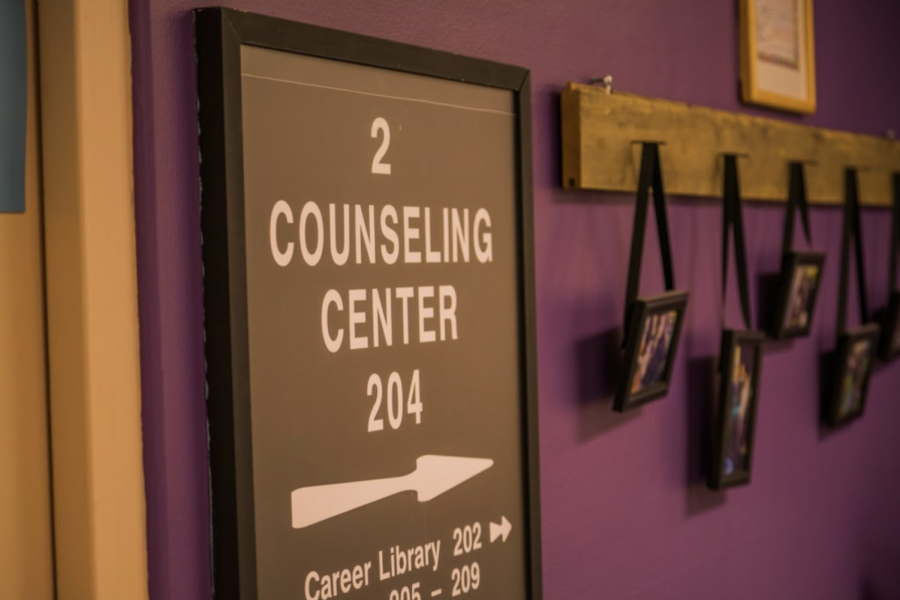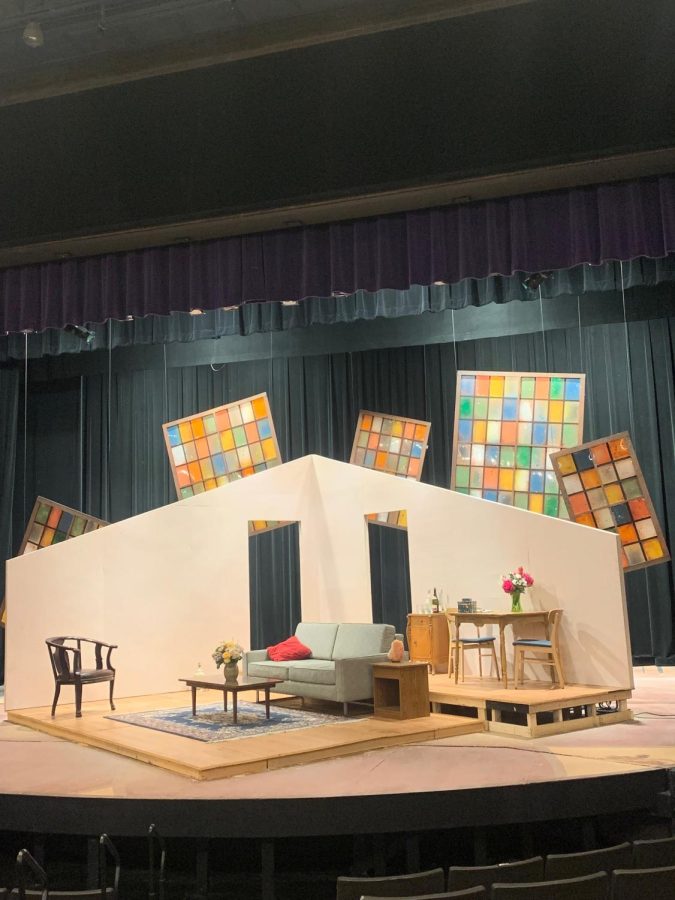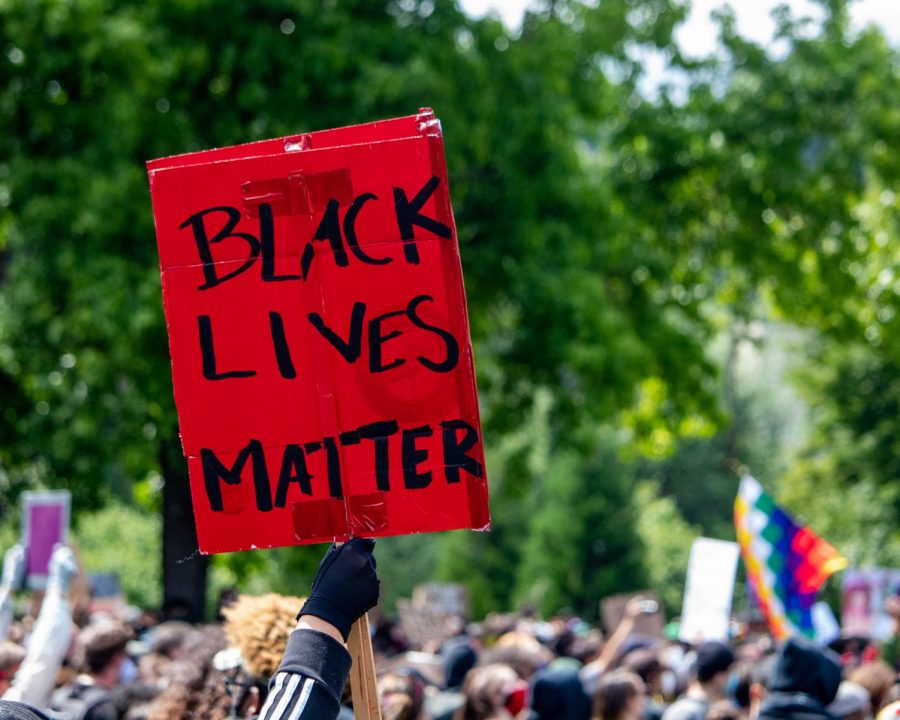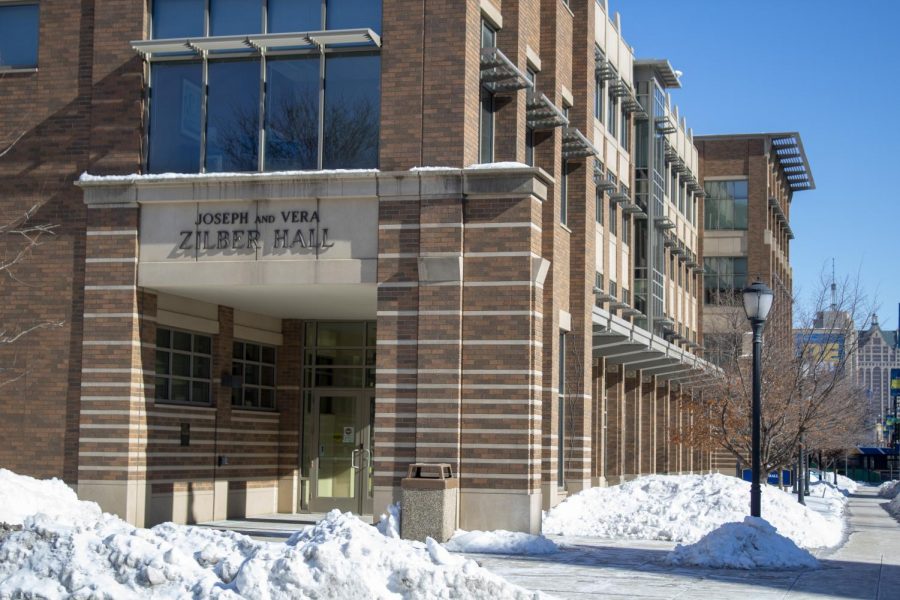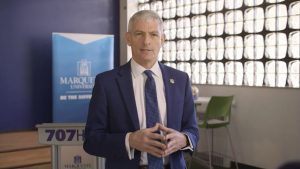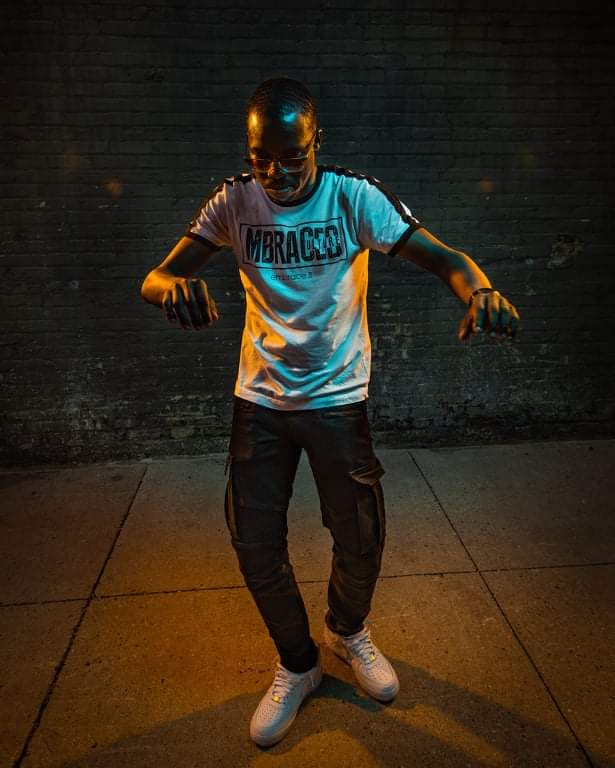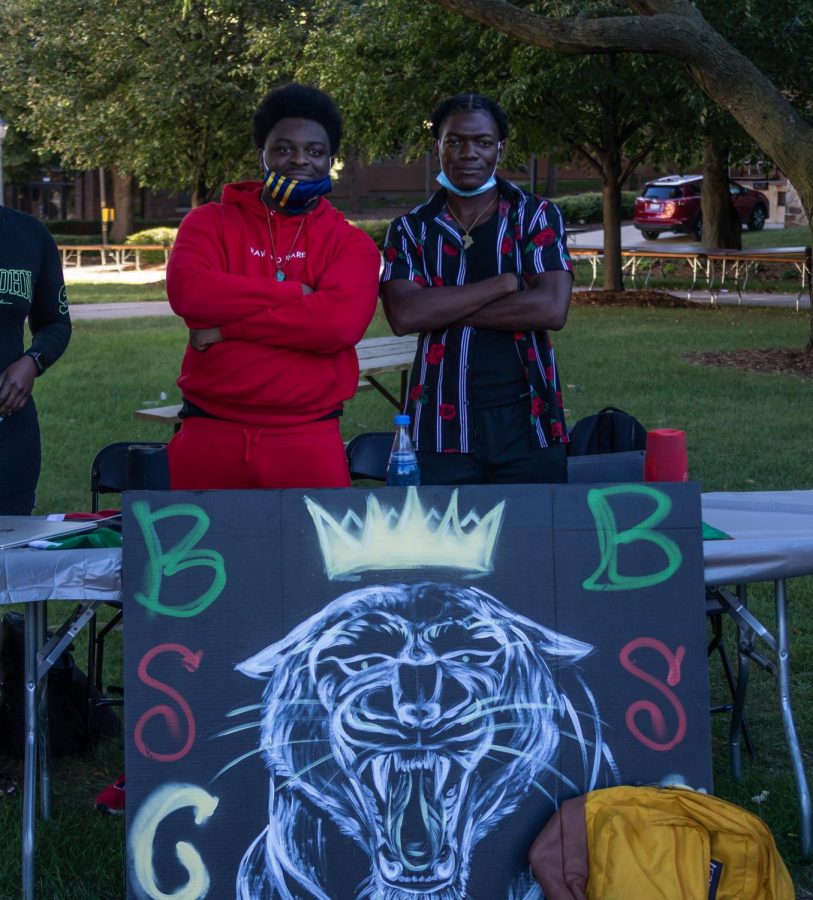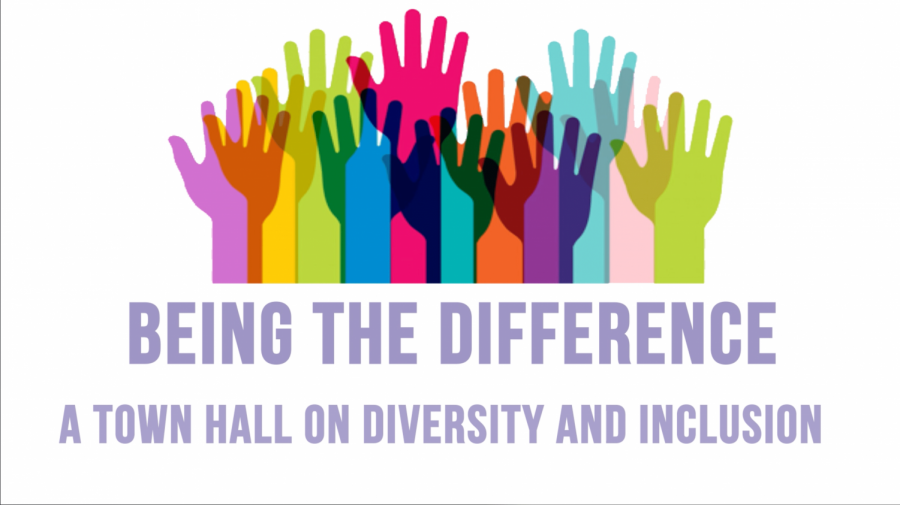Marquette University announced its newest counselor, Shakari “Kari” Lewis, according to a Sept. 3 university news release. Lewis, who began her new role Sept. 8, will be a coordinator for African American and Black student support.
Lewis’s hire follows plans by the university to create a more welcoming environment for its students of color, especially in light of recent protests for racial justice. The university also announced Sept. 3 that it had agreed on “collaborative action steps” to overcome injustices at Marquette.
These steps included adding 40 full-tuition, four-year scholarships to qualifying seniors from the City of Milwaukee; reviewing policies on hate speech to create a more welcoming campus climate; including racial justice conversations more explicitly in the university’s Core Curriculum; hiring Lewis and adding more counselors of color in the future.
Lewis said that her goal for her first year at Marquette is to allow herself grace.
“With my previous clinical work being in the community, and the transition to Marquette, I must be patient with myself to understand policies and procedures,” Lewis said in an email. “This is important with learning any new role.”
Lewis said she has always had a passion for helping others, and her interest in the field of psychology only grew as she continued her work in the Milwaukee area after beginning her career as a counselor at the Division of Vocational Rehabilitation. She moved on to become a family therapist with SaintA, and then worked as a member of the Milwaukee Crisis Mobile Team.
SaintA is a Milwaukee based agency that aims to heal trauma and restore connections in children and their families.
“We empower people to overcome barriers to well-being – poverty, poor educational outcomes, unemployment and discrimination, to name a few – so they may thrive,” the agency’s website said.
Lewis said that her experiences working in Milwaukee helped her see how necessary representation is in counseling.
“While working with Milwaukee County, I met and served many people of color who looked at me strange and often made statements such as ‘you’re the counselor’?” Lewis said in an email. “After looking at their body language and sometimes hearing that sigh of relief, I knew many felt comfortable enough to talk more about the challenges they were having- which made it easier to connect and provide them the help that was needed.”
Lewis said that getting help isn’t always as easy as it seems, but she strongly encourages students to seek it out if they need it.
“My hope is that students understand my position in the counseling center is here for them,” Lewis said in an email. “It’s okay to ask questions about the process of therapy, and what to expect Do not be afraid to ask the questions regarding your treatment.”
Keyaira Marshall, a first-year in the College of Business Administration, said that it takes a lot for her to ask someone for help, and that she would be more comfortable if help were less formal.
“I would probably feel more comfortable going to her, or anyone for help if I was able to sit down and just have a regular conversation with her,” Marshall said in an email. “That way I can become more comfortable with her and feel less afraid to talk about my problems.”
Prior to her hire at Marquette, Lewis had colleagues that highly encouraged her to apply for the position.
“There were several black advisors with whom I worked closely with while I attended the University of Wisconsin-Platteville,” Lewis said in an email. “Had it not been for one of my previous advisors, I would have not seen this position. He believed in me and knew I would be a great addition to the Black and African American students within the Marquette community, which is why he encouraged me to apply.”
Lewis said one of the main reasons as to why she accepted her position at Marquette was because of the university’s students. She met with some of them during an interview with students as part of the hiring process.
“My interview with the students made it very easy for me to accept the position with Marquette. The students I met with have so much drive and ambition. I know what it’s like to have the support and representation of someone who looks like you on a predominantly white institution,” Lewis said in an email.
Marshall stated that if she were to see Lewis, it would be an easy task since Lewis is such a trusted person.
“If I were to meet with Ms. Lewis my goal would just be able to get everything off my chest to a trusted person. It can be tough bottling things up, and I’ve found that actually talking things out is very helpful,” Marshall said in an email.
Brenda Lenz, interim director of the Marquette University Counseling Center, said that Lewis is the ideal addition to the Counseling Center’s team.
“She is dedicated and passionate about her work, she understands and has the experience to do the clinical work, as well as the outreach role with students on a college campus,” Lenz said in an email. “She joins the larger Counseling Center team of well established clinicians who are experts at addressing college student mental health issues with a keen eye and awareness to provide culturally informed care.”
Although Lewis’s position is being a coordinator for African American and Black student support, some believe that MU should be more inclusive to students of color.
“I think there should be more diversity in the staffing and even more diversity amongst students,” Marshall said in an email. “Not even just more Black students, but BIPOC in general. I know for myself and many of my Black friends I’ve made on campus tend to be the only Black people, or person of color in our classes and its strange and a little uncomfortable because you always feel like all eyes are on you and there’s no one for you to relate to.”
This story was written by Natalija Mileusnic. She can be reached at natalija.mileusnic@marquette.edu.
Story continues below advertisement

